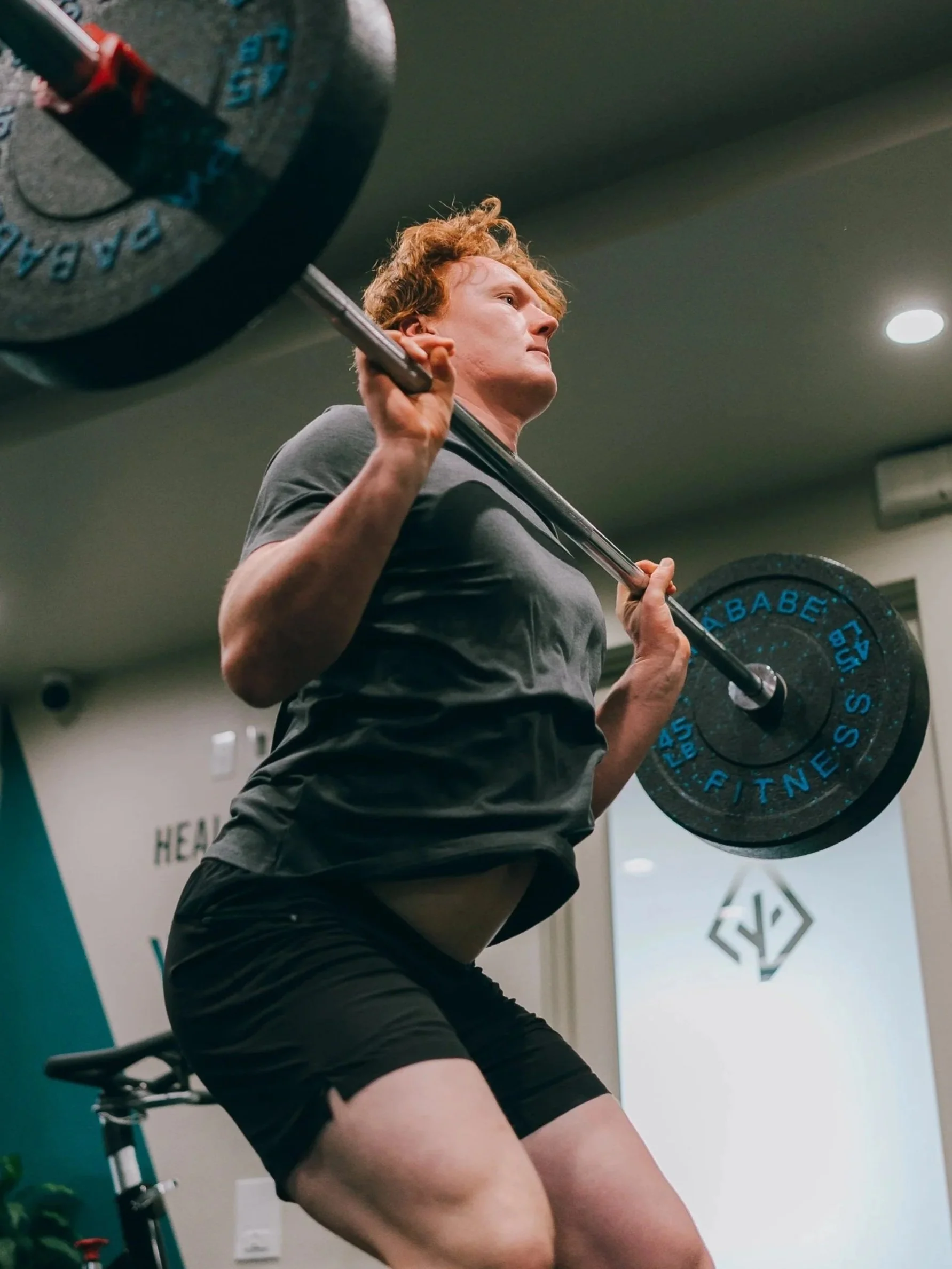Strength vs. Endurance: Finding the Right Balance for Seattle Runners
Many runners believe the key to getting faster and going farther is to simply log more miles. While endurance is essential, relying only on long runs can lead to overuse injuries, fatigue, and performance plateaus.
The truth is, running is a high-impact, repetitive sport that places significant stress on your joints and muscles. Without strength training, your body doesn’t have the resilience it needs to handle the workload. That’s why the strongest runners aren’t just endurance machines—they’re well-rounded athletes who balance mileage with targeted strength work.
READ: Strength Training for Runners in Seattle: A Science-Backed Approach to Longevity
For Seattle runners, where hills, rain, and varied terrain are part of everyday training, building strength can be the difference between thriving in your training cycle and sitting on the sidelines.
The Role of Strength Training for Runners
Strength training does much more than add muscle—it directly supports better running performance. When integrated properly, it helps you:
Improve running economy by making each stride more efficient
Build joint stability to withstand high-impact forces
Strengthen the core, hips, and glutes to prevent common injuries like runner’s knee or IT band syndrome
Increase power for hills, sprints, and race-day surges
Maintain good form even as fatigue sets in during long runs
For runners who fear that strength training will “bulk them up,” rest assured. With the right programming, you’ll build functional strength that translates directly to the road, track, or trail.
Finding the Balance: How Much Strength vs. Endurance Do You Need?
The best training plan isn’t endurance or strength—it’s the right blend of both. The exact balance depends on your goals, but here are some general guidelines for most runners:
2–3 strength sessions per week focused on compound lifts (squats, deadlifts, lunges), core stability, and hip control
Running-specific accessory work such as single-leg strength drills, calf raises, and plyometrics
Smart scheduling that places heavy lifting days away from your hardest running workouts to allow proper recovery
Seasonal adjustments: During heavy mileage blocks, keep strength sessions shorter and focused on maintenance. During off-season, emphasize heavier lifting to build durability.
The key is to treat strength training as complementary, not competitive, with your running. Together, they create a body that can go longer, recover faster, and perform at a higher level.
How RISE Performance & Health Supports Seattle Runners
At RISE Performance & Health, we specialize in helping Seattle runners find that perfect balance between endurance and strength. Our approach goes beyond standard PT—we provide individualized strength programs that directly support running performance.
When you work with our team, you can expect:
One-on-one assessments to evaluate mobility, strength, and running mechanics
Tailored strength programming that fits seamlessly with your running schedule
Hands-on physical therapy when injuries or imbalances show up
Education on recovery, mobility drills, and lifestyle strategies that keep you running strong year-round
Whether you’re training for your first 10K, tackling the Seattle Marathon, or aiming for a new PR, our team helps you build the strength foundation you need to stay healthy and competitive.
Run Stronger, Last Longer—Start Training Smarter With RISE
Endurance alone won’t carry you to your best performance. Strength training is the missing piece that helps Seattle runners reduce injury risk, improve efficiency, and sustain long-term progress.
READ: Pain in the Brain!
At RISE Performance & Health, we’re passionate about helping athletes like you strike the right balance between miles and muscle. With our performance-focused physical therapy and strength training programs, you’ll not only run longer—you’ll run stronger.
Book your assessment today and discover how RISE can help you reach your running goals with confidence.

